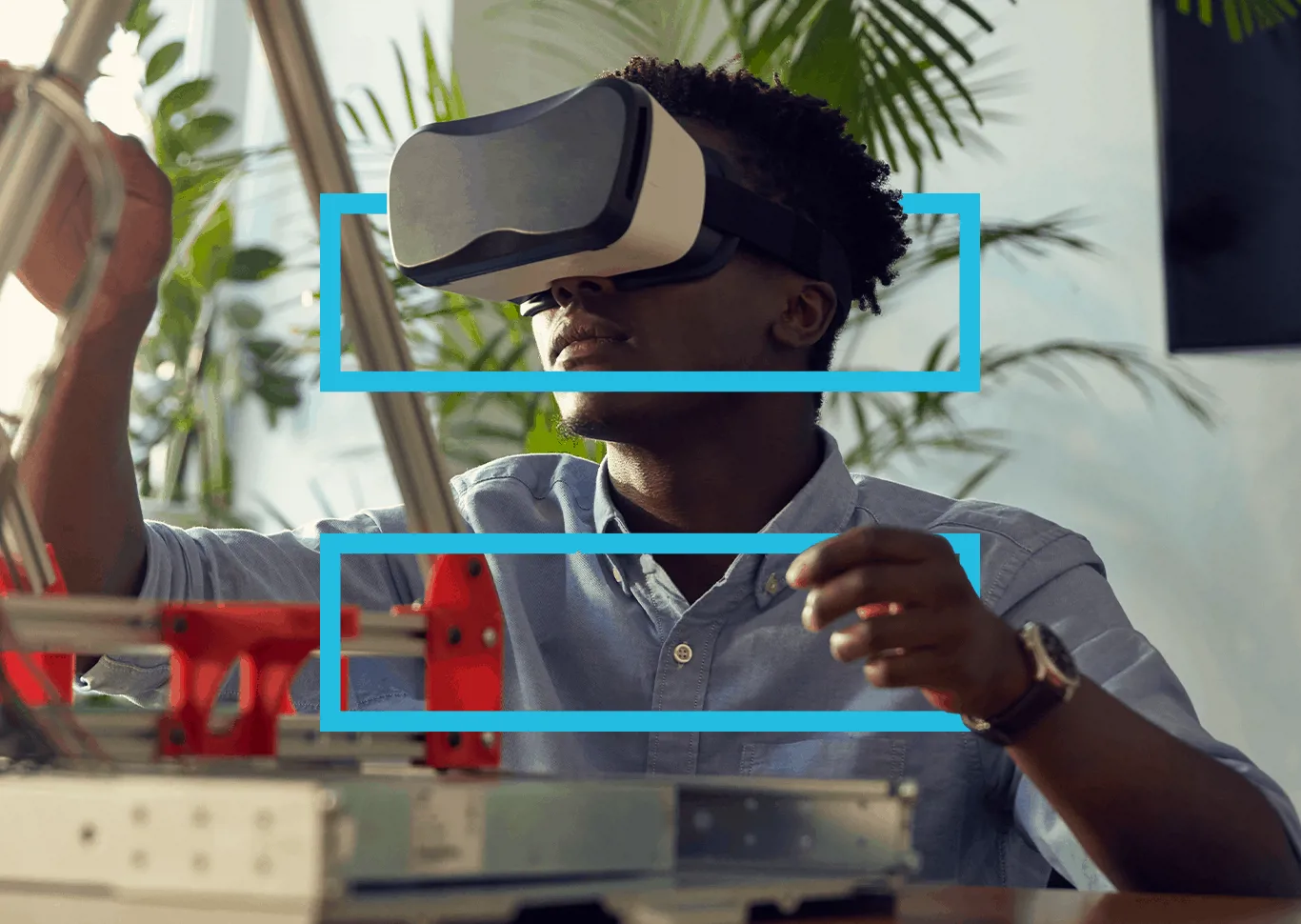Laura Norton is Head of Equality, Diversity and Inclusion (EDI) at the IET, a role that’s all about building a more inclusive culture for not only the organisation’s members, volunteers and colleagues, but also the wider engineering community.
“Our EDI strategy is that, by delivering equality, diversity and inclusion across the IET and the profession we represent, we’ll advance excellence in engineering a better world,” she explains. “This is a thread going through the IET Strategy 2030 and is a pretty huge undertaking as we’re talking about more than 150,000 members, 4,500 volunteers and over 600 staff.”
“By delivering equality, diversity and inclusion across the IET and the profession we represent, we’ll advance excellence in engineering a better world.”
Enacting positive change
Laura’s working to enact positive change through activities across five distinct strands: disability, gender, LGBTQ+, race and ethnicity and social mobility.
This means there’s no ‘average’ day, as at any given time Laura will be overseeing multiple projects and liaising with a variety of stakeholders. This can include representing the IET at external events such as all-party parliamentary groups at Westminster, and knowledge-sharing with external partners.
“My work is fast paced and incredibly varied, and I love that I get to meet different people from all walks of life. Just last week I spent one day at the Chartered Management Institute Women’s Conference, and another at a press event with the chair of the IET’s EDI Working Party,” she says.
“I also do a lot of work with our Corporate Partners to support their own EDI journeys and help to deliver events such as Young Woman Engineer of the Year Awards (YWE) and REflect, which focuses attracting young black and minority ethnic talent into engineering and technology. In addition, I work on data collection to inform our activities going forward,” she says.
At the moment Laura’s working a large research project looking at neurodiversity within engineering and technology.
“As part of this qualitative study I’m currently working with some external consultants to facilitate focus groups to hear lived experiences around the benefits of neurodiversity within engineering and technology, the challenges neurodiverse people face and what needs to change.
“This will be converted into calls to action for the sector, as well as looking at what the IET itself can do to support this.”
Promoting EDI internally
Much of Laura’s work assists the IET internally too, such as supporting the organisation’s EDI committee, which helps it to deliver on its own EDI strategy.
“We have a number of internal networks: race and culture, disability inclusion, LGBTQ+ and wellbeing, and I support these and feed their outputs back to the EDI committee. I also work closely with the HR department on ways to make the IET a more inclusive place for all colleagues, which includes improved data monitoring, training and awareness raising...
“Over the last year we’ve brought in external speakers to give talks on the history of racism and being LGBTQ+ in the workplace to open up these topics for conversation,” she says.
Ensuring representation and inclusion for all
Both the IET and the wider engineering community is comprised of a mixture of people and skills and Laura’s goal is to help everyone feel recognised, represented, valued and included.
She points out that only good can come from advancing EDI as by having, and listening to, these diverse views and inputs, the engineering and technology sector will become more productive, creative, innovative and sustainable.
“In order to design and engineer inclusively and ensure we serve all of society, we need to involve many different people with different backgrounds and experiences. That’s how we engineer a better world – and create a talent pipeline that ensures the future of engineering is sustainable.
“The thing I enjoy most about this role is making a difference,” she continues. “Hopefully I’m helping to create a more inclusive culture where people can really enjoy their work, thrive and be their authentic selves.
“Ultimately, it’s about making a change for the better,” she concludes.


